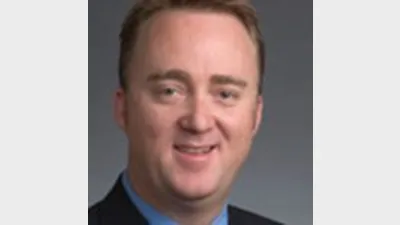Superannuation legislation means makeover for Mercer



Mercer have undertaken one of its biggest structural changes implementing Stronger Super legislation and will spend approximately $25 million over five years, according to David Anderson, Mercer's managing director and market leader for Australia and New Zealand.
Anderson said Mercer's Stronger Super gap analysis ran about 275 pages, with 175 pages dedicated to SuperStream and just over 100 to the prudential standards.
"This is generational in terms of the impact on our business and our clients. Seventy-five per cent of our revenues will be affected to some degree with regard to this change so … [it is the] most fundamental change in 20 years, and we're treating it with the respect it deserves," he said.
Anderson said Mercer viewed the costs two-fold, with the cost of the changes and then the cost of business-as-usual after the changes are implemented. He estimated Mercer's outlay to reach $25 million gross over the next five years.
Despite Anderson's trepidation regarding the implementation of SuperStream which he pointed out was only a theoretical case so far, he said Mercer expected cost efficiencies as a result of the legislation.
He said MySuper presented an opportunity to improve member loyalty and satisfaction and provide a better product for the end-user.
"We have the future wellness of the superannuation industry in our hands as a collective community, and we've got to keep our mind on the impact that it will have on the end consumer - which is the member," he said.
MySuper would also help Mercer streamline complexity in its legacy of portfolio of clients, Anderson said.
Recommended for you
Australia’s largest super funds have deepened private markets exposure, scaled internal investment capability, and balanced liquidity as competition and consolidation intensify.
The ATO has revealed nearly $19 billion in lost and unclaimed super, urging over 7 million Australians to reclaim their savings.
The industry super fund has launched a new digital experience designed to make retirement preparation simpler and more personalised for its members.
A hold in the cash rate during the upcoming November monetary policy meeting appears to now be a certainty off the back of skyrocketing inflation during the September quarter.










